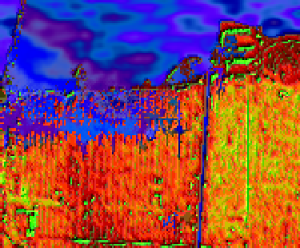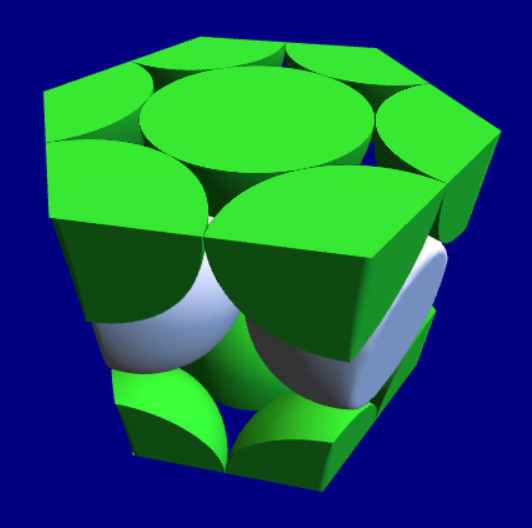Physics Algorithms
This is a book about physics algorithms, covering a wide range of different ways to simulate the universe.My aim is to present the algorithms as simply as possible, to allow a technical, but non-physics audience to use the book. This would include engineers, computer scientists, mathematicians and others. This is a challenging goal because the field is difficult --- but hopefully the field is more accessible than it would otherwise have been.
Part of the reason to hope for a wider audience is that there are many people who love programming, and would want to explore what for them is exciting and new.
In this book, numerical physics is split into three parts: point-particle methods, waves and fluids. For each of these, a number of algorithms are presented, introducing new ideas and ways to program simulations.
As of June 2020, the book is about half complete: The point-particle part is perhaps 80% complete and waves is 60% complete.
I'm releasing it early to get feedback and interest, and partly to help with motivation.
The PDF is here: Physics Algorithms
To leave feedback, please leave a comment on the reddit post about this.
.
Other Articles:
Simulation of flooding in New OrleansA not-very-accurate simulation of the flooding in New Orleans. |

|
Three Crystal StructuresA ThreeJS model of three crystal structures |

|